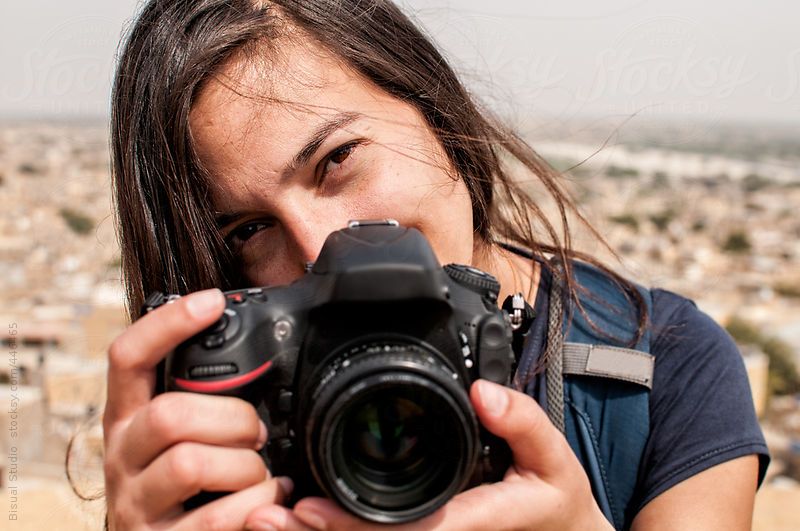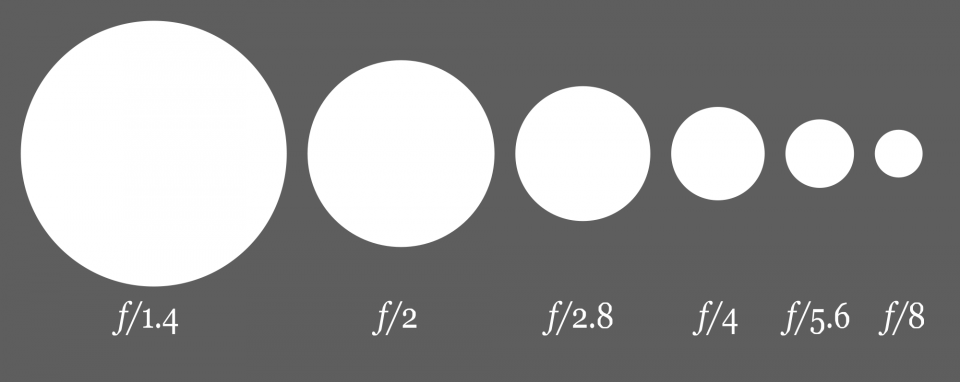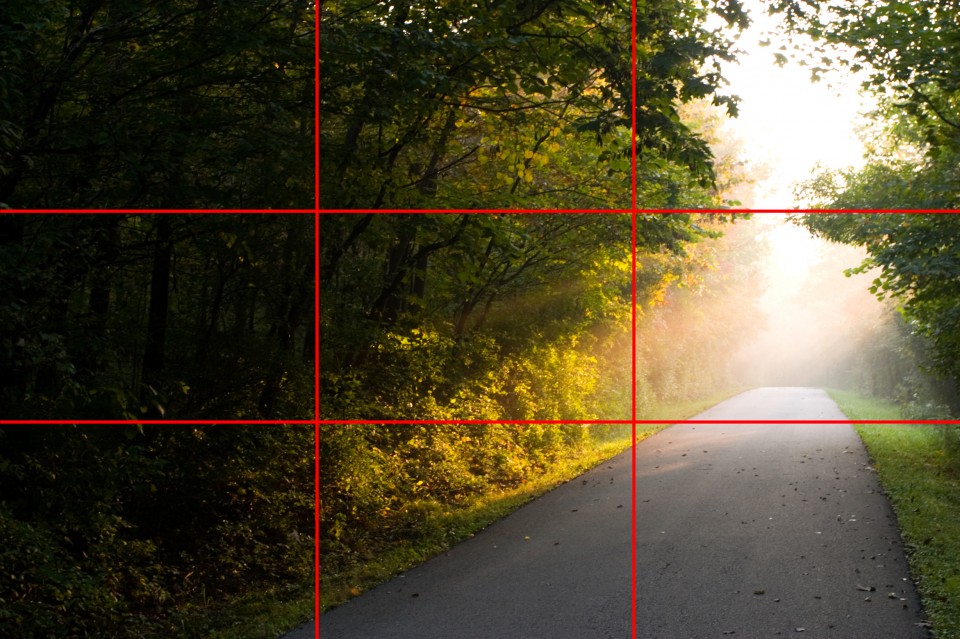Source : stocksy
Ever bought a DSLR camera and after unpacking it, feel overwhelmed by the many buttons and dials? And when you refer to the manual, you are more confused and, instead, be tempted to just start shooting? The tendency is to want creative control that inspired you to purchase a DSLR camera in the first place. But where do you start?
It is often believed that a DSLR camera is only for professional use. But ***even professional photographers started by learning more about their cameras and how to use them. Here are some useful tips to get you started.
1) Point 'n Click!
As a beginner, it is vital that you first get comfortable with a DSLR camera, especially if you were previously using a simple basic camera or smartphone camera. The practice of shooting more photos – even in Auto mode – helps you get comfortable using the camera. Many photographers debate the use of an Auto mode, claiming that it does not teach anything nor show the power of a DSLR camera. Although true, it is still a great way to start, get comfortable with using a DLSR camera and then use it confidently.
2) What is Aperture Priority?
One of the most used and most powerful settings in a DSLR camera is the Aperture Priority mode (usually represented by 'A' or 'Av' on cameras). It allows the user to control the aperture, the size of the hole in which light passes through to the sensor. This is usually done to adjust the depth of field, the distance between near and far objects. It is important to understand and learn f-stop numbers:
· A smaller f-stop number equates to a larger aperture for a deep depth of field; e.g. f/1.8 has a larger hole.
· A larger f-stop number equates to a smaller aperture for a shallow depth of field; e.g. f/8 has a smaller hole.
Source : wikipedia
A shallow depth of field (larger aperture) is popular when photographing a single subject, as it blurs out the background and keeps the subject in sharp focus – known as the 'bokeh' effect. If you are photographing a wide area or landscape, a deep depth of field is better as it keeps everything in focus.
3) The first rule that's second to none: The Rule of Thirds
Always remember that a great photo requires great composition. No great music ever came from poor composition, and it is the same with photography.
The Rule of Thirds is the first and most basic rule in photography. It is not necessary to follow it to a T, but it serves as a good guide. Here's how the rule works:
Source : wikipedia
· Divide your camera's viewfinder into 9 equal parts horizontally and vertically. You can do this mentally in your mind or just turn on the grid in your camera's viewfinder.
· Place your subject off-center along one of the lines or intersections to give your photograph a very natural composition. When people view photographs, their eyes tend to wander towards these lines or intersections, making it a wise choice to put your subjects there.
4) Keep your DSLR camera clean, take care of it
It's all fun and exciting using your DSLR camera. You whip it out at every chance you get to capture something, from food, people, a duck – anything. That is, until dust or dirt gets into your camera. Maintaining the camera is one thing you should not neglect, whether you are a beginner or a professional.
Regular basic maintenance, like those below, will help keep your camera in good condition to continuously take great photos :
· Wipe down the outside parts of your camera and lens with a microfiber cloth.
· Clean the image sensor with a soft cleaning brush or sensor-cleaning tools
· Send your DSLR camera to a service center for servicing and maintenance.
· Cover your lens with a lens cap when you are not using it – you don't want to damage the lens.
5) Get into the picture with some photography terms
To make your photography journey a little smoother, read up and learn some photography terms. Here are some to help you understand your camera better:
· Aperture: The adjustable hole in which light passes through. Adjustments are measured in f-stops.
· Aspect Ratio: The overall shape and dimension of a photograph taken with a camera. Common formats are 3:2, 4:3, and 16:9.
· White Balance: Camera's ability to correct colors under different lighting such as indoor lighting or flashes.
· Noise: Artifacts that appear in a photograph, especially so in high ISO photographs.
· ISO: ISO is a film speed rating or light sensitivity level of a camera. Low-light photographs require higher ISO, but will cause noise.
In order to feel less intimidated, beginners can opt for entry-level DSLR cameras as they are more user-friendly and affordable. The entry level camera by Nikon the D3300, is a great camera. It's smaller than other DSLRs and is very user-friendly. The 1200D from Canon is also a popular choice for an entry-level DSLR.
Photography makes you get out there and capture all kinds of photographs and is a great way to store memories. It also needs some patience and effort as one cannot expect to capture the best photos instantly. With practice and exploration, every novice will progress and not think of the DSLR as a mysterious black box, but understand how to achieve the photographic results that it was bought for in the first place.
Results 1 to 3 of 3
-
06-27-2016, 03:17 PM #1Newbie

- Join Date
- Jun 2016
- Gender

- Posts
- 10
 5 Ultimate DSLR Camera Tips for Beginners
5 Ultimate DSLR Camera Tips for Beginners
-
06-27-2016, 05:22 PM #2
-
06-27-2016, 06:17 PM #3
wrong section. Nag promote man ni cya sa iyahang website.
Advertisement
Similar Threads |
|








 Reply With Quote
Reply With Quote
